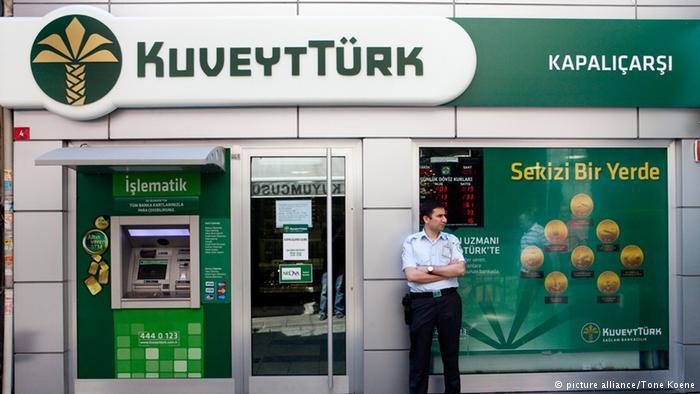Germany to Have Islamic Bank

"Our market research has shown, that 21 percent of Muslims in this country would see an Islamic bank as their natural household bank," Kemal Ozan, managing director of Kuveyt Turk Bank AG, told the Handelsblatt newspaper in Monday’s edition, March 23.
Ozan added that the Kuveyt Turk hoped to tap into a wealth of potential customers in Germany, particularly among the four million Muslims who reside in the country, OnIslam.net reported.
The new bank will be called KT Bank AG and use Frankfurt as its base, aiming to tap Europe's second-largest Muslim community, many of whose members are of Turkish descent.
Kuveyt Turk, the largest Islamic bank in Turkey and 62 percent owned by Kuwait Finance House, set up a financial services branch in Mannheim in 2010 and applied for a full banking license in 2012.
At the time, the lender said it would invest initial capital of 45 million euros ($48.7 million) in the planned German unit.
Islam forbids Muslims from usury, receiving or paying interest on loans.
Islamic banks and finance institutions cannot receive or provide funds for anything involving alcohol, gambling, pornography, tobacco, weapons or pork.
Shari`ah-compliant financing deals resemble lease-to-own arrangements, layaway plans, joint purchase and sale agreements, or partnerships.
Investors have a right to know how their funds are being used, and the sector is overseen by dedicated supervisory boards as well as the usual national regulatory authorities.
Over the past years, Islamic finance has been slow to gain a foothold in Europe.
Britain remains Europe's main Islamic finance hub, with five full-fledged Islamic banks, with a Luxembourg venture also planning to launch an Islamic lender of its own.
In 2004, the German state of Saxony-Anhalt raised 100 million euros via Islamic bonds, with Munich-based FWU Group tapping the market in 2012 and 2013.



